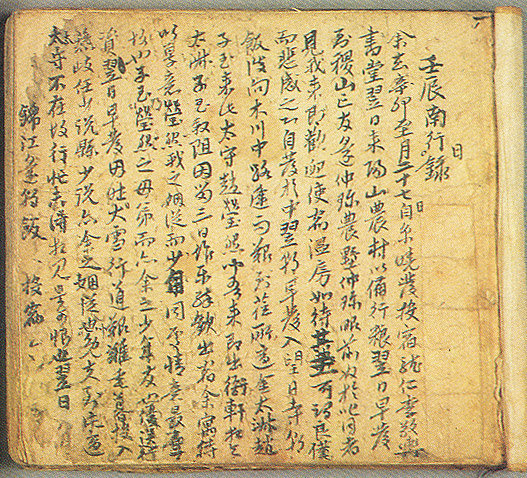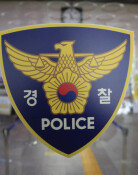Forests and streams that sustained lives in wartime
Forests and streams that sustained lives in wartime
Posted January. 21, 2025 08:19,
Updated January. 21, 2025 08:19

Professor Oh Hang-nyeong of Jeonju University’s Graduate School of History explored the value of Joseon’s commons—forests, streams, and ponds, collectively known as sallim cheontaek—in his presentation, “Daily Life, Refuge, and the Commons,” at a conference hosted by the Institute of Korean Classical Studies on Friday. In a phone interview with The Dong-A Ilbo, Professor Oh noted, “During the Japanese invasions of 1592, severe famine drove people to rely on the commons for survival. Those who survived could farm the following year and even join militias, contributing to counterattacks against the Japanese forces.”
Professor Oh focused on the Swaemirok to highlight economic activities tied to the commons, such as grazing cattle or fishing, which are rarely documented in conventional records. He estimated that the commons, including sallim cheontaek and small kitchen gardens, were three times more critical than private farmland to the lives of Joseon’s people, based on the 1:3 ratio of land taxes (jeonse) to tribute taxes (daedongse). “Even during peacetime, the commons were a foundation for maintaining daily life,” he emphasized.
While royal ownership (wangto) applied to all land during the Joseon dynasty, sallim cheontaek remained inaccessible to the king. However, as arable land became scarce, the state occasionally allowed parts of the commons to be reclaimed. By the reign of King Gwanghaegun, encroachments on the commons by royal agencies such as the Naesusa, which managed royal assets, became more frequent.
Professor Oh noted that from King Injo’s reign onward, efforts were made to curb such encroachments, culminating in stricter protections under King Sukjong. He contrasted this approach with England’s enclosure movement, where nobles and the monarchy privatized commons. “Research on Joseon’s economic activities has largely focused on private ownership, but it’s important to recognize the commons as a ‘social safety net’ in Confucian states,” the professor said. “Even today, the idea of a safety net such as sallim cheontaek remains relevant.”
Jong-Yeob JO jjj@donga.com
Headline News
- Trump releases first Quad joint communique after taking office
- Foreign Affairs minister engages in dialogue with US Secretary of State
- CIO secures mobile phone of former Defense Minister’s close aide
- 56 protesters arrested on charges of courthouse storming
- President Yoon in need of regular eye treatment







